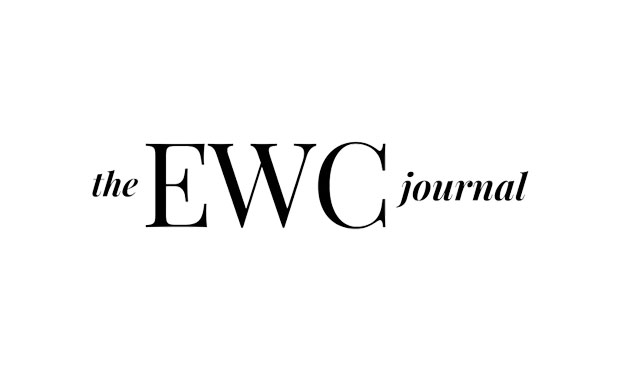By: April Feng
This Wednesday, the Trump Administration announced their unusual commitment to purchase 100 million doses of an incomplete vaccine.
In the United States, the private sector typically purchases most vaccines. Furthermore, since private companies will pay greater amounts for vaccines, the drug industry wishes to keep providing for the private sectors rather than the government. This commitment is also unusual in that the government, who sometimes does buy vaccines for low-income families, typically only purchases FDA- approved vaccines: vaccines that have already been completed and tested countless times.
However, Claire Hannan, the Association of Immunization Managers’ executive director, says, “We’re in a public health crisis, and it’s great the government is going to be providing a vaccine for Americans.”
Ultimately, this purchase may help to lower coronavirus vaccine prices in the United States. This is similar to other countries such as Canada, where national healthcare systems will routinely purchase medical services, including vaccines and other drugs, for citizens. When the government buys in bulk, medical prices will typically be lower. According to Dr. Walter Orenstein, previously the director of the United States immunization program for the Clinton administration, “The advantage of the government buying is the potential for a better price. It can remove financial barriers to access.”
According to experts in vaccine financing policy, the contract may be risky because the coronavirus vaccine could fail trials and tests. However, the Trump administration has precautioned against such events, not sending payment until the vaccine is proven to be effective and safe.
During the swine flu pandemic in 2009, the Obama administration made a similar deal, when it paid the French drugmaker Sanofi $190 million to develop a vaccine. Six months later, the vaccine was proven to be clinically successful.
The United States governmental purchasing of vaccines has quite a controversial history. Previously, the Clinton administration had attempted to create a social welfare program that would provide vaccines for all children under the age of two.
This program was heavily opposed by various drugmakers, who, according to the New York Times, stated that they “may be unwilling to consider further development of vaccines” if the government prices were not high enough to cover development costs.
Ultimately, a compromise was reached by Congress. The program would serve uninsured children as well as Native American and Alaska Native children. It would also help those that were insured by still facing high vaccine costs.
According to The New York Times, a 2014 study showed that the Vaccines for Children Program had rapidly accelerated vaccination rates in children. The ability to “remove financial and logistical barriers hindering vaccination for low-income children likely played a significant role in obtaining high coverage,” the authors of the study stated proving the program to be effective.
In efforts to slow the coronavirus spread, the Trump administration has also recently declared that insured Americans would face no fees for coronavirus testing. On the other hand, a new fund would be dedicated to cover medical service costs for those that are uninsured.











